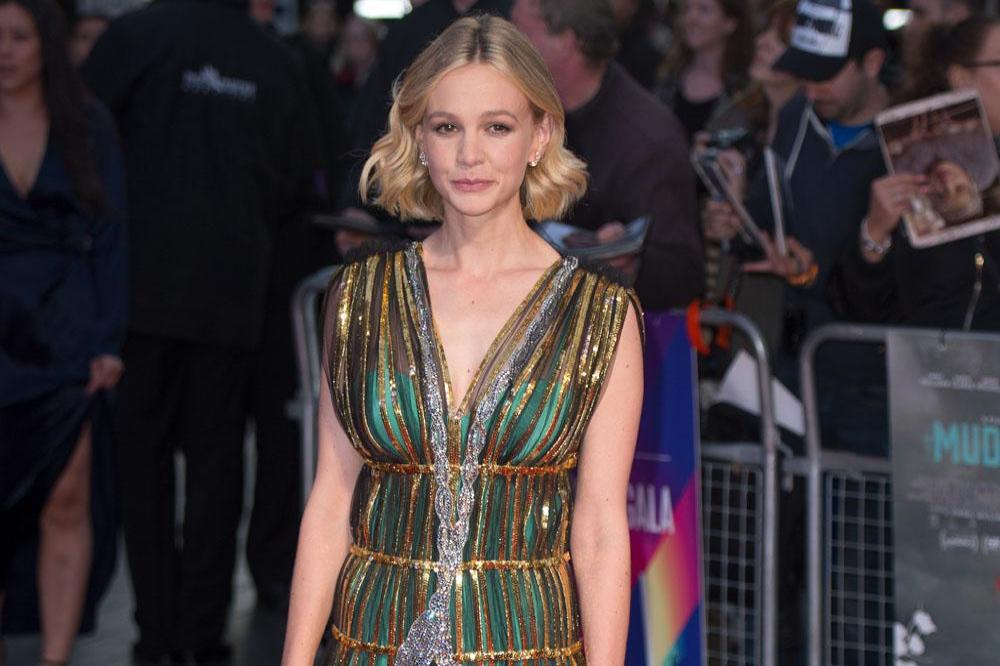Carey Mulligan has felt "belittled" for being a woman in the film industry.

Carey Mulligan
The 32-year-old actress has admitted she's "definitely experienced sexism" whilst navigating Hollywood, and has claimed she often has to "fight" to make her voice heard when discussing scripts with film executives.
She said: "I have felt belittled and ... kind of lesser-than. I've definitely experienced sexism in terms of how I've been treated. When I've tried to assert my opinion on scripts, for example, I feel I've had to fight a bit harder to get my voice heard."
Carey - who has two-year-old daughter Evelyn and a three-month-old baby whose name and gender have not been revealed with her husband Marcus Mumford - also praised writer Dave Hare for agreeing not to alter her character in crime-thriller 'Collateral' after learning she was pregnant.
The blonde beauty - who plays Detective Inspector Kip Glaspie in the BBC show - told the January issue of Vogue Australia: "I loved that he didn't rewrite my character, that he just didn't make a fuss about it. It felt more real to life, because when you're pregnant you do just go about your life."
It comes after the 'Suffragette' actress previously revealed she used to find the scrutiny of red carpet events so "awful" that she would end up in the bathroom crying, because she couldn't handle having her appearance judged.
She said: "I think it's ultimately a tool to promote the work that you're proud of.
"At the beginning, I'd end up in tears in the bathroom at some point during a day of photos and press. I would do red carpets and be a wreck by the end; I found it awful and weird, standing there in my outfits with my body being judged and my appearance and make-up.
"It's a f***ing weird, bizarre thing to have 200 people screaming at you taking a photo."
These days, the star has learned to take the surreal experience in her stride, and she no longer sees red carpet appearances as "significant" to her life.
She added: "Then I got older and put it into perspective, and recognised that today's news is tomorrow's chip paper, and all of this stuff is just not very significant, ultimately."
Tagged in Carey Mulligan Marcus Mumford

